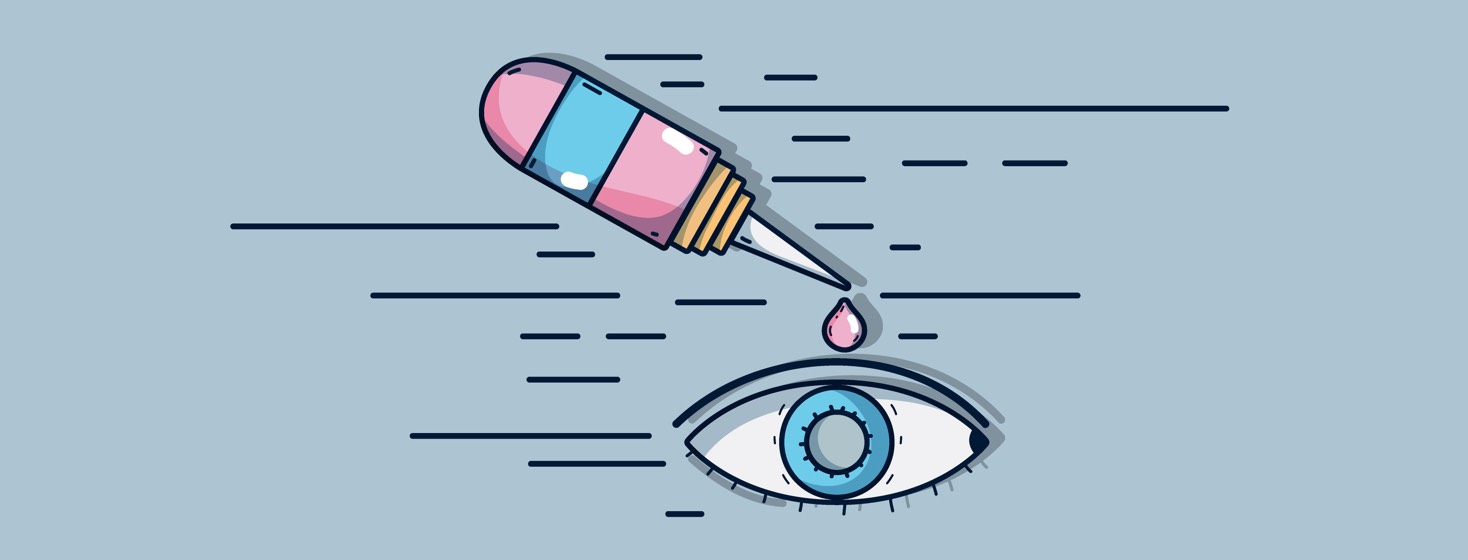How to Improve Seasonal Eye Allergies
I don’t know about you, but summer is an absolutely terrible time for my eye allergies. From waking up with an intense amount of goop and crust on my eyes, to making eye contact with complete strangers, every day is a complete struggle… unless you know how to alleviate the itch and cosmetic issues. This blog post will walk through a few tips and tricks that I’ve learned over the years to make this issue almost non-existent.
Eliminate environmental allergens
It goes without saying. If you can remove the environmental allergens that are causing the issue, the problem will clearly go away. At times, this can be easier said than done. My suggestion is to keep a mental note—or better yet, a journal—and write down the allergens that you’re being exposed to over the course of an extended period of time. Do your eyes get worse in certain settings? If so, you’ll want to record that information. It might take a while to nail it down but in the end, you’ll be happy you did.
Eye drops
It seems so obvious, doesn’t it? One of the major issues that I have is that I can’t stop scratching my eyeballs (not directly, but through the eyelid). A secondary effect is that I develop aggressively inflamed red patches all around my eyes, cheeks and forehead (I’ll discuss this more shortly). Two antihistamine eye drops that personally work for me are Epinastine and Bepreve. Since I’m only allowed to use them twice a day, I tend to supplement with Systane Ultra High Performance drops between usages. You can grab these at your local pharmacy over-the-counter and at a minimum, they help to take the edge off the itch. At the end of the day, you need to find some eye drops (that your doctor approves of) that work best for you and your eye allergies.
Facial cleansers
As I previously mentioned, a side effect of my itchy eyes is the inflamed skin around my face. I’ve found that using a facial cleanser can really help improve the quality of the skin in these regions. I recommend using one that is fragrance-free and that is gentle on the skin. From my experience, I’ve found that CeraVe Hydrating Cleanser for Normal to Dry Skin does the trick. The first time I used this product, I observed a noticeable difference within the first 24 hours.

Medicated topical treatments
This suggestion is the trickiest of the bunch as you want to be extremely careful about what you put around your eyes. When I’m having a bad flare, I use Desonide (topical steroid) and Elidel (calcineurin inhibitor)—both of which are prescribed by my dermatologist. If the symptoms are mild I’ll only use the Elidel because I’m not a big fan of using steroids unless I absolutely need to—especially around such a sensitive part on my body. Make sure to discuss this particular aspect of your treatment with your doctor.
At the end of the day, it can be a tedious and time-consuming process to control your eye allergies and their symptoms. With a little bit of patience and good luck, you’ll be able to manage them in no time.

Join the conversation